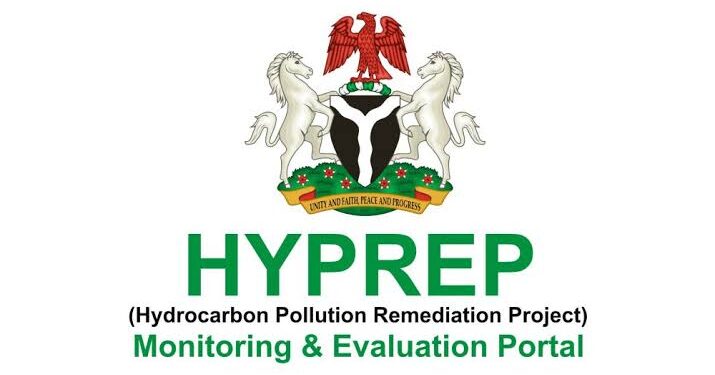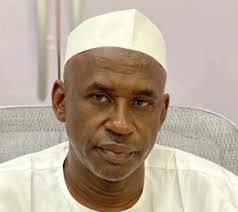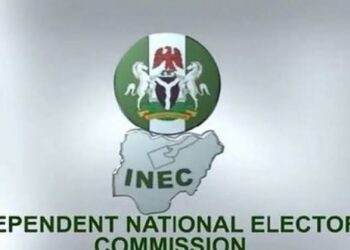The Ogoni cleanup project, coordinated by HYPREP, will now feature 45% women in the next implementation phase.
Project Coordinator, Professor Nenibarini Zabbey, disclosed this during a strategic meeting with Dr Otive Igbuzor, Executive Director of Centre LSD, and civil society organisations in Port Harcourt.
He explained that HYPREP raised women’s involvement from 5% to 45% to address gender gaps and promote inclusive development.
The project also targets underserved groups, including Ogoni persons living with disabilities, who will receive training in key vocational skills.
These vocational areas include fish farming, computer literacy, photography, fashion design, and shoemaking—based on a prior needs assessment.
Zabbey emphasized that transparency, accountability, and stakeholder engagement remain core to HYPREP’s remediation model in Ogoniland.
He added that feedback from civil society and development groups will further strengthen HYPREP’s work in environmental and livelihood restoration.
According to him, the project has recorded progress across areas like groundwater remediation, shoreline cleanup, mangrove restoration, and potable water access.
He mentioned completed potable water projects in Eteo, Taabaa, Uegwere-Boue, Bodo, and Bane—all set for commissioning this August.
Ongoing developments also include the Centre of Excellence for Environmental Restoration, Ogoni Specialist Hospital, and the Ogoni Power Project.
HYPREP continues partnering with international universities, institutions, regulators, and communities to deliver a sustainable and transparent cleanup process.
Earlier, Dr Otive called for renewed accountability and commitment to fast-track ecosystem restoration in the Niger Delta.
He pledged his organization’s support for HYPREP through advocacy, monitoring, and grassroots mobilisation across Ogoniland communities.
This renewed momentum signals a new chapter in restoring Ogoni’s environment while empowering vulnerable and marginalised groups.




































